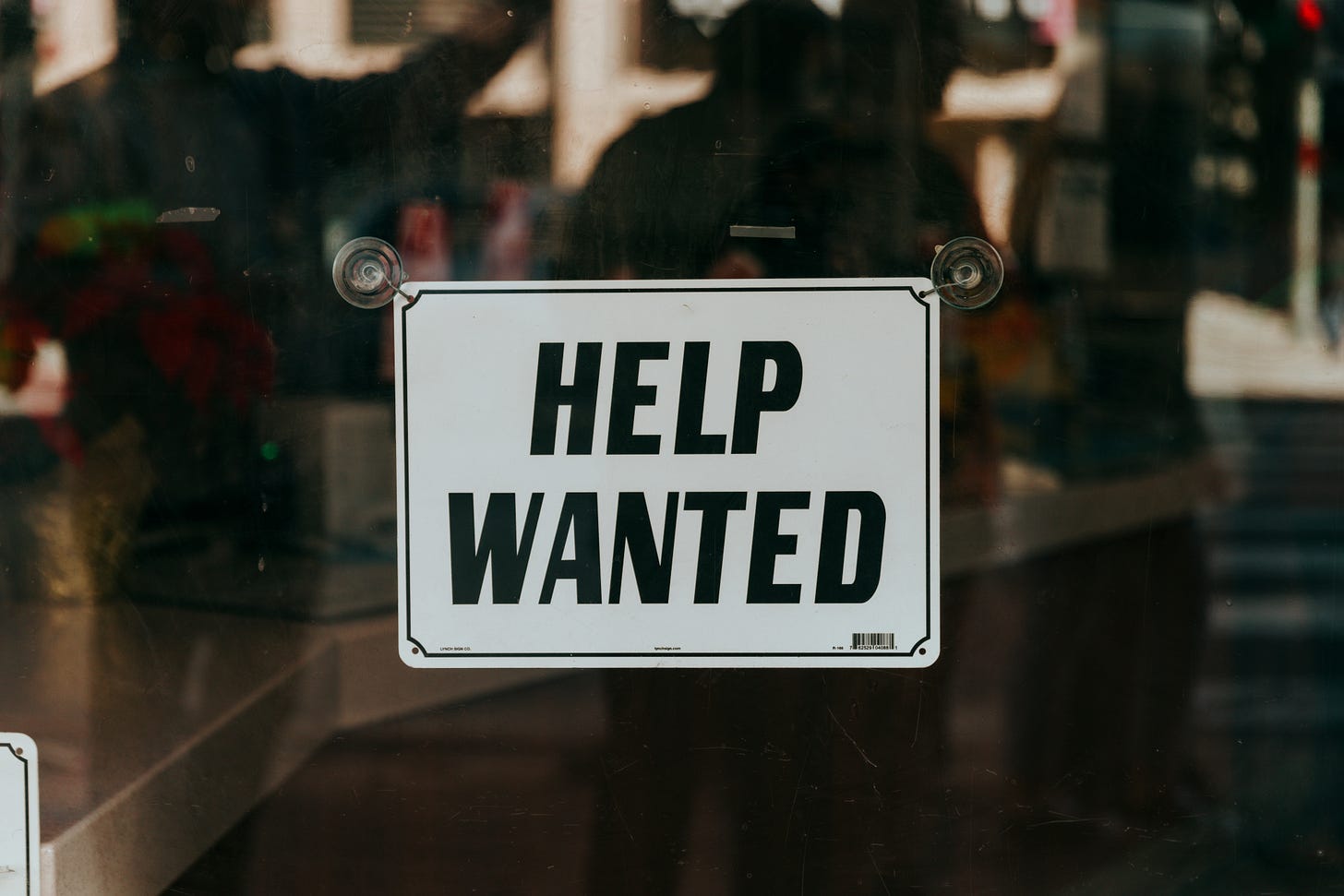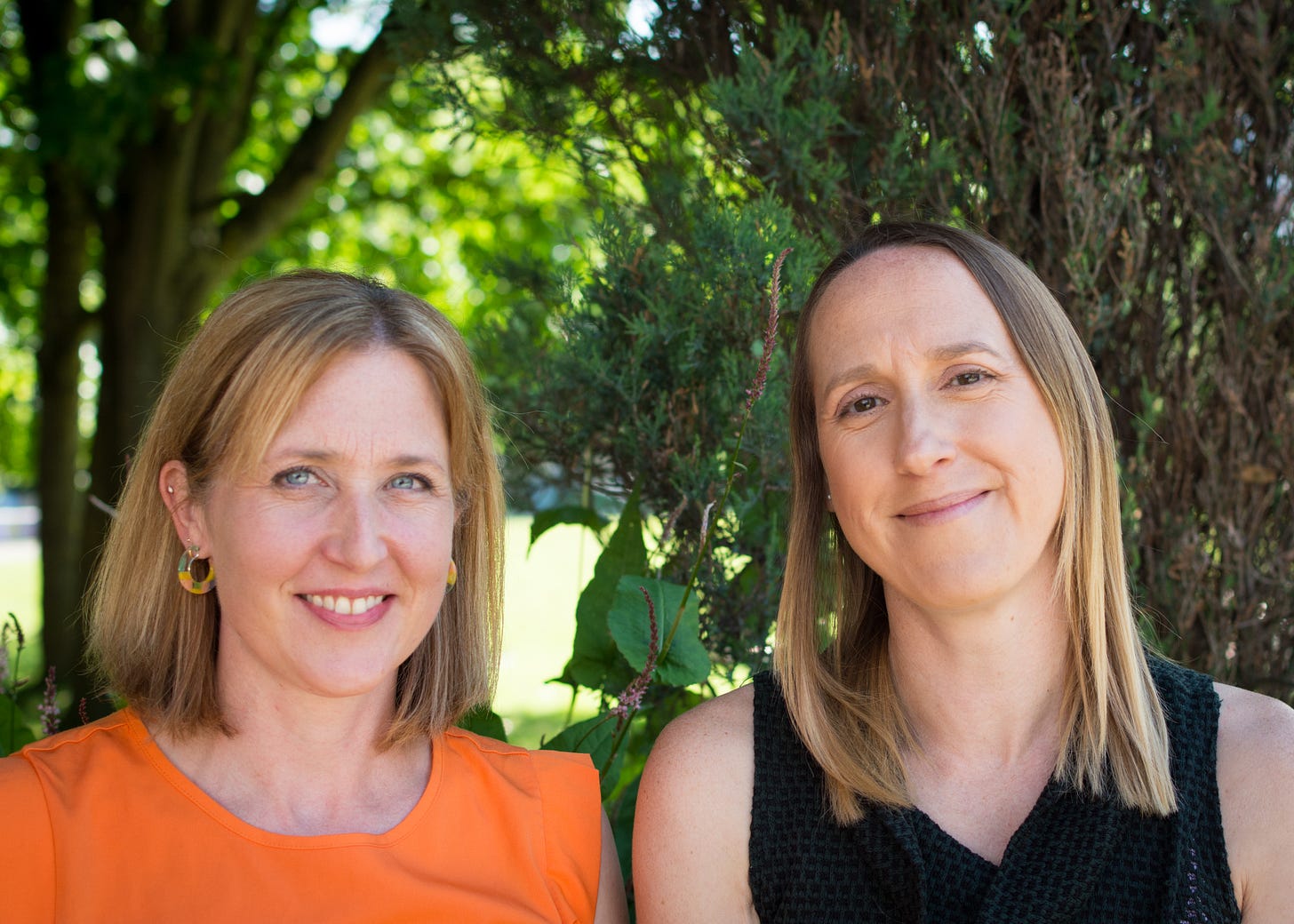Why freelance journalists should think twice before using AI
"Tread carefully" warns tech journalist Chris Stokel-Walker
Discover how Synapse can help you build meaningful relationships with PRs.

Before we get to Chris’s excellent advice on using AI this week, we wanted to put out a plea. A few of you have been in touch asking about the Freelance Journalism Awards this year. We are very much planning to run them but this does depend on sponsors. At this point we have some awards covered but not all. If anyone can suggest a possible sponsor (it’s really not much) or if you are a company or organisation who would like to support the excellent work that freelance journalists do in the UK, please do get in touch at freelancingforjournalists@gmail.com
There’s no doubt the freelance world is a tricky one right now. More than 4,000 staff journalists lost their jobs last year in the UK and US, while another 900 lost their jobs in January 2025. That’s swelling the ranks of the freelance journalism brigade, making competition for publications’ dwindling budgets even higher.
The entire industry is being expected to do more with less, which makes any tools that can eke out extra efficiency all the more tempting. And as a tech journalist that has covered every day of the post-ChatGPT generative AI revolution, if there’s one thing that the makers of generative AI tools claim their tech can do, it’s make us more efficient.
Others are covering the practicalities of using AI as a journalist, but it’s worth considering the moral and ethical cases – the “why should or shouldn’t you” – alongside the practical “how should you”.
AI is already running a tear through journalism and disrupting jobs. Many of those layoffs in 2024 and the first month of 2025 are down to replacement by artificial intelligence. Accelerating that decline by adopting AI wholesale is a little like turkeys voting for Christmas.
That’s not to say that AI doesn’t have a place in the journalism process. I’d be churlish to ignore the opportunities – a Luddite of the type I try not to be as a tech journalist. Indeed, I already use AI: Otter, a journalist’s best friend, is powered by AI voice recognition, even if its recent generative AI summarisation capabilities are… well, useless.
And I do sometimes use generative AI tools like ChatGPT for other parts of the reporting process. Take one example from just this week: every seven days, I pore over the latest academic papers to pitch to various editors. One paper – on how academics accused of sexual misconduct were shunned by their colleagues in terms of citations – was particularly thornily written, couching its findings deep in data tables and charts. I could tell the paper was interesting, but from a speedy skim I couldn’t easily find the key question I knew I’d want to answer as a journalist: how significant a drop in citations did they experience after being accused?
So I put ChatGPT to the task. It admitted there wasn’t a clear answer, but did point me towards a chart in the study that suggested, if you eyeballed it, there was between a 15 and 25% drop in citations. I had a news line for a pitch that I otherwise wouldn’t have bothered doing because the potential payoff wouldn’t have been worth the effort of digging out the data point.
In that instance, I basically used AI as a more studious, speedier reading colleague of the type you’d find in newsrooms across the world. Unfortunately, that’s not how many colleagues use these tools. Instead, they’re deployed stringers or job shares, attempting to do all the work, from reporting to writing. What you get are error-strewn, dully-written pieces that don’t really do anything but devalue the act of journalism, and debase the freelancers who put their name to AI-generated work.
There are plenty of opportunities to use AI. John Mickelthwait’s recent essay on how Bloomberg is using it in a similar but grander way than I do to pore through and pick out gnarly data is one great example of how it can supercharge our reporting. But I worry that freelancers, with their time pressures and extra competition, are more likely to lean on AI to try and do the whole reporting and writing process – which it can’t do. (Trust me, I’ve tested it.)
AI remains pretty poor at picking out news lines from interviews, and can’t structure a news story in the inverted pyramid – something I can understand is a difficult skill to pick up, from trying to teach hundreds of journalism students to do so with difficulty. Its Achilles’ heel remains its eagerness to blag something when it doesn’t know – hallucination or confabulation, in the tech terminology – which is fatal in journalism. My favourite analogy that might well ring true to anyone who’s had a horrorshow new graduate doing work experience in a newsroom is that generative AI is like a recent Oxbridge graduate when it comes up against a gap in its knowledge: it’ll make stuff up, but confidently enough that it might be true.
Fundamentally, AI used badly also risks devaluing the one thing that freelancers have that keeps them in business: their brand. My reputation within the industry is (I hope), that I’m a dependable, safe pair of hands. I often joke – though it’s rooted in reality – that my success as a freelancer stems from the fact I am a dependable 6/10 or 7/10 journalist. I’m not the best reporter, and not the best writer. I’m not the best at explaining a story in audio or video. But I can do all of them better than average, and more dependably and speedily than average. If my stories began being polluted with AI slop, I lose that competitive advantage – and with it, my career.
So tread carefully when you think about using AI as a freelance journalist. The temptation is there in a highly competitive industry, but the risks of it going wrong could quickly undo all you’ve worked hard for.
Chris is the author of How the World Ate AI: A Brief History of Artificial Intelligence - and Its Long Future.
This is the second article in a special series on AI and freelance journalism.
Please fill out our survey!
We are so, so, so close to reaching the threshold for our freelance survey! We only need a handful of responses from UK freelance journalists to be in a position to write up the results. So please, please, please fill in this quick, anonymous survey if you haven’t already. Thank you!
Last call for journalism work experience and mentorship scheme
Twice a year we open up our Journalism Work Experience and Mentorship Scheme to give aspiring journalists the opportunity to work 1-2-1 with an experienced media professional.
Our first scheme of 2025 has 100 places available. Those taking part get access to our database of freelance journalists and organisations willing to offer support to help them get to the next stage of their career.
To take part you need to register by Monday 17th of March when we provide an online briefing on the scheme, explaining how it works and how to make the most of the opportunity. If you can’t attend the live briefing don’t worry! We automatically send all registrants a video recording.
It costs £10 to sign up which covers our admin costs but there are bursary places available so please get in touch if you need to know more about that.
To find out more and grab your place click on the button below!
Triumph of the week
Finally writing up one of many big features on the to-do list
That feeling when
There are still seven features on the to-do list
We love to hear your feedback on everything we do, so feel free to drop us an email anytime at freelancingforjournalists@gmail.com
Bye for now!












AI is bad because it doesn’t give all the facts either so it leaves articles dull. Also AI is bad because as a children’s book illustrator people are doing AI art which is absolutely horrible but it’s also killing an industry for illustrators like myself. Just do the good old research put all the facts together and learn to write. I have to laugh though I did an article and I took it from Ulysses cut and paste it and there’s in it so I’m like this is not AI people it’s kind of funny so not every mistake is AI based.